Research Advancements
-
Carbon Reduction Gets a Spark in New Research
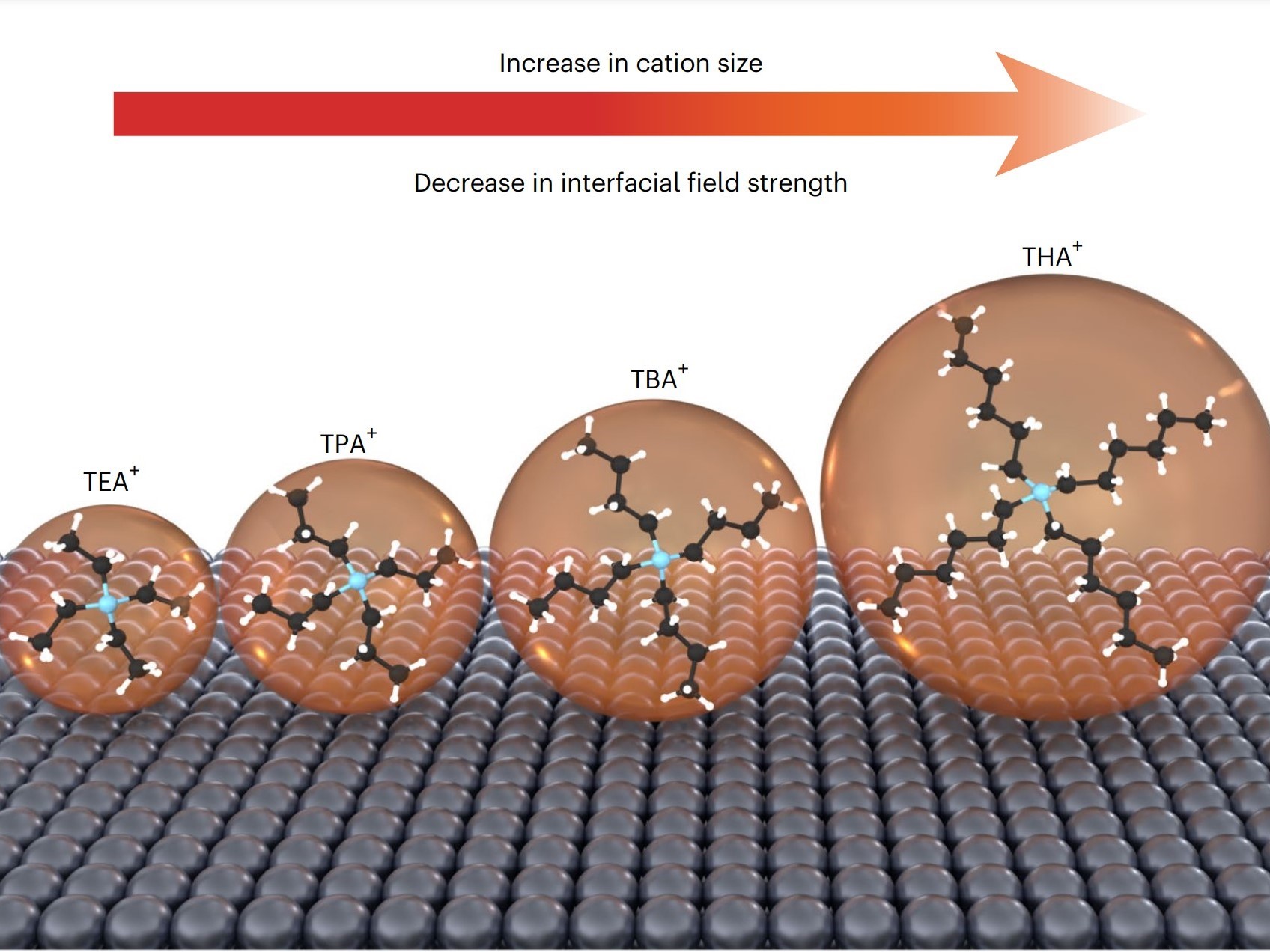
Researchers at The University of Texas at Austin have made a significant breakthrough that could accelerate electrochemical reduction of carbon dioxide, a technology that uses electricity to transform CO₂ into valuable fuels and chemicals.
-
The Evolving Landscape of Non-Invasive EEG Brain-Computer Interfaces
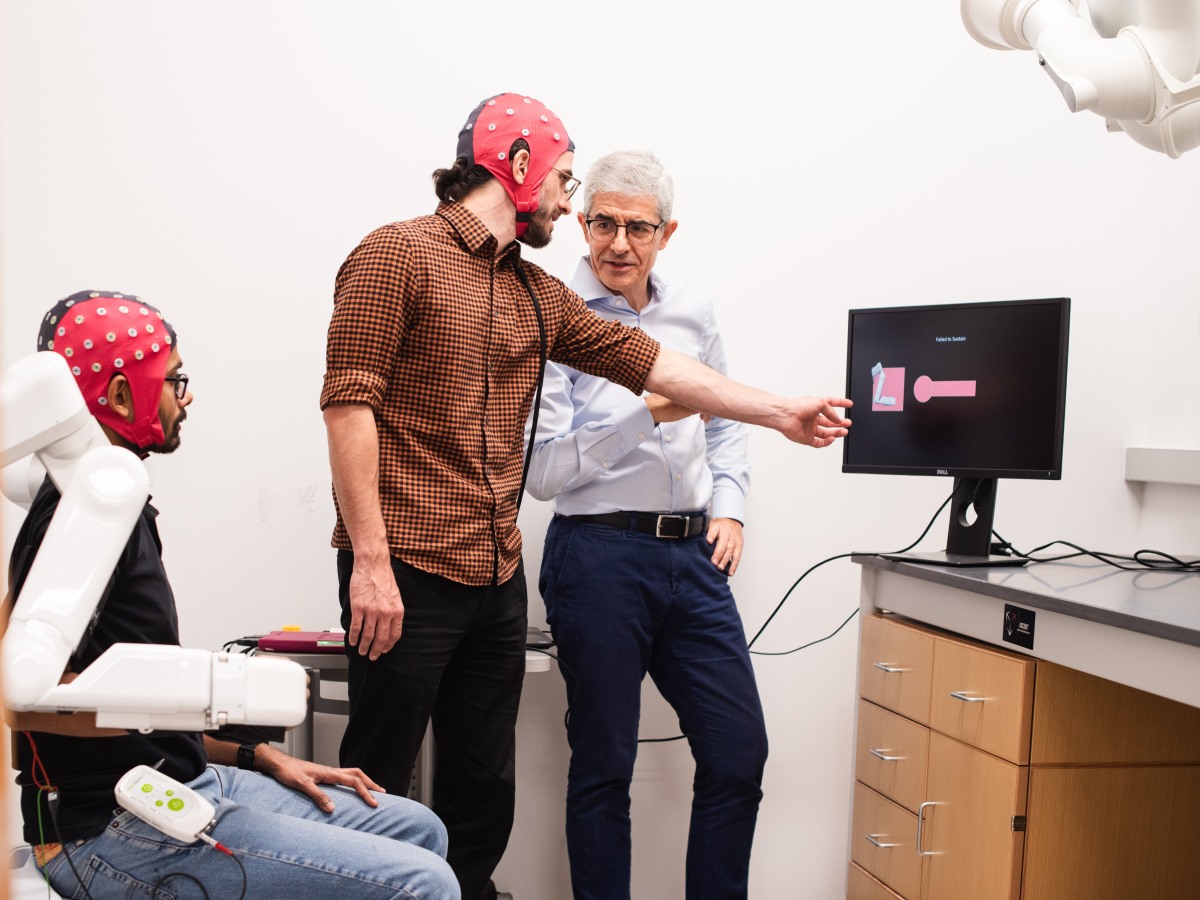
Exploring the state of the art in non-invasive brain-computer interfaces, focusing on use cases in clinical rehabilitation and the advancements in related supporting technologies.
-
Printed E-tattoo Ink-credible at Reading Brainwaves
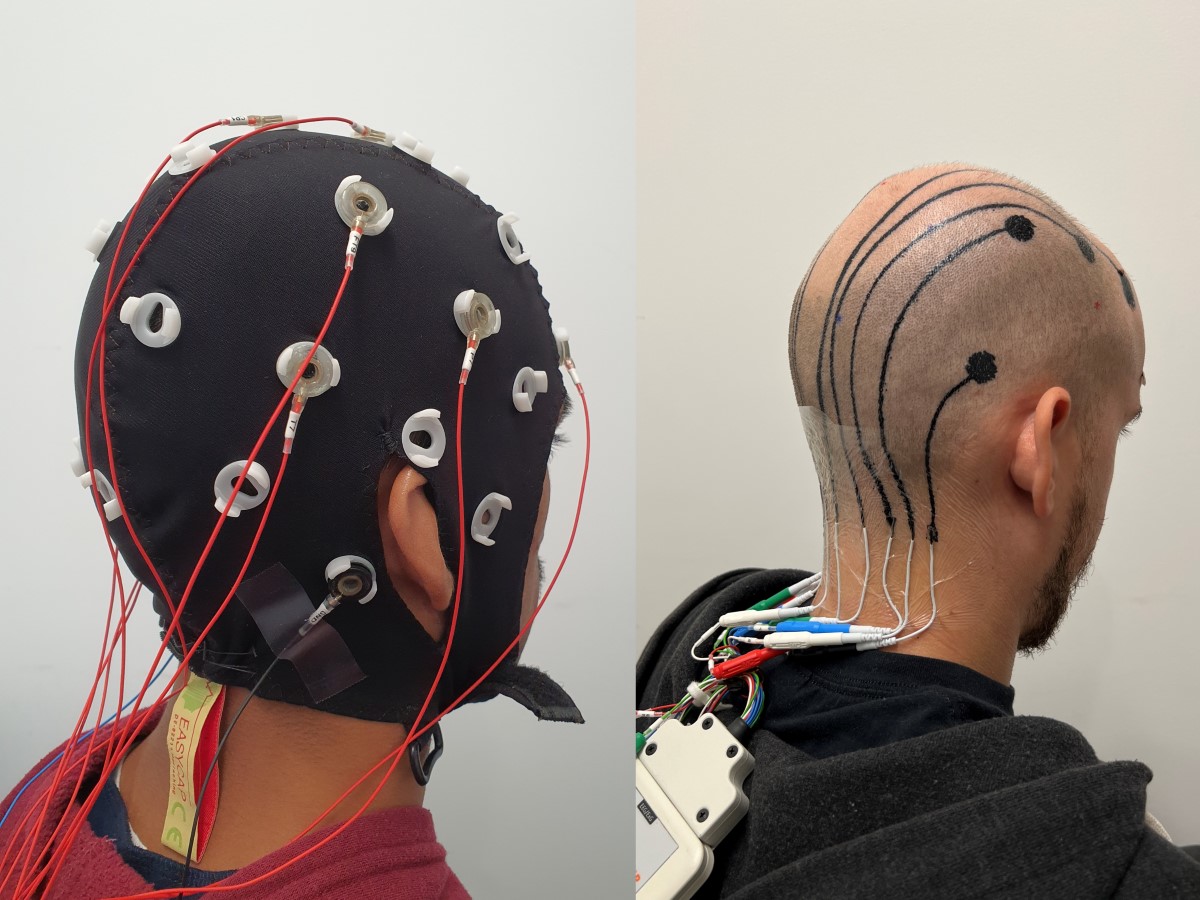
Texas Engineers developed electronic tattoos using conductive ink that can be printed directly on the surface of a patient's head and measure their brainwaves.
-
This Enzyme Plays a Key Role in Protecting Cells from Aging and Disease
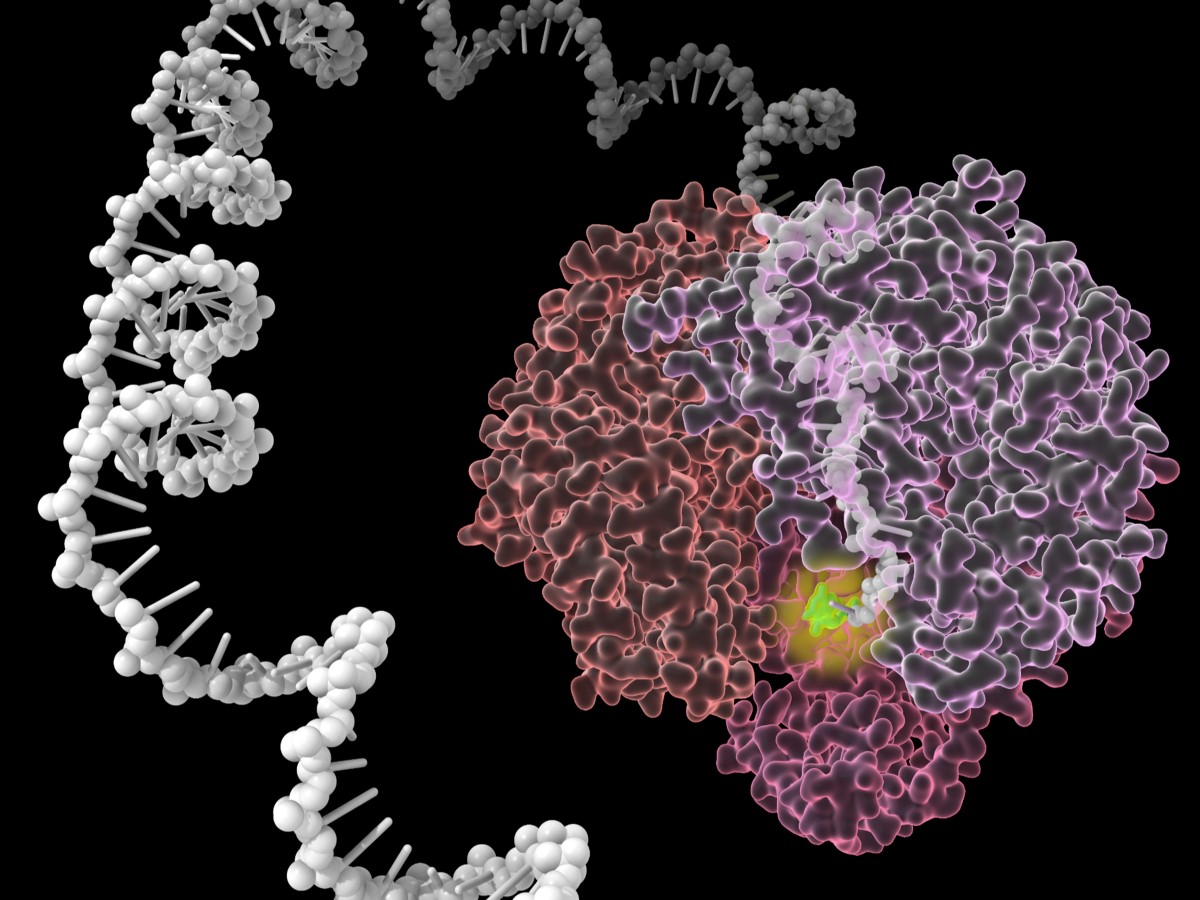
Researchers from The University of Texas at Austin discovered important information about an enzyme that can protect cells from oxidative stress, a condition linked to sources like air pollutants and cigarette smoke that can damage organs and contribute to various diseases and accelerated aging.
-
New Thermal Interface Material Could Cool Down Energy-Hungry Data Centers
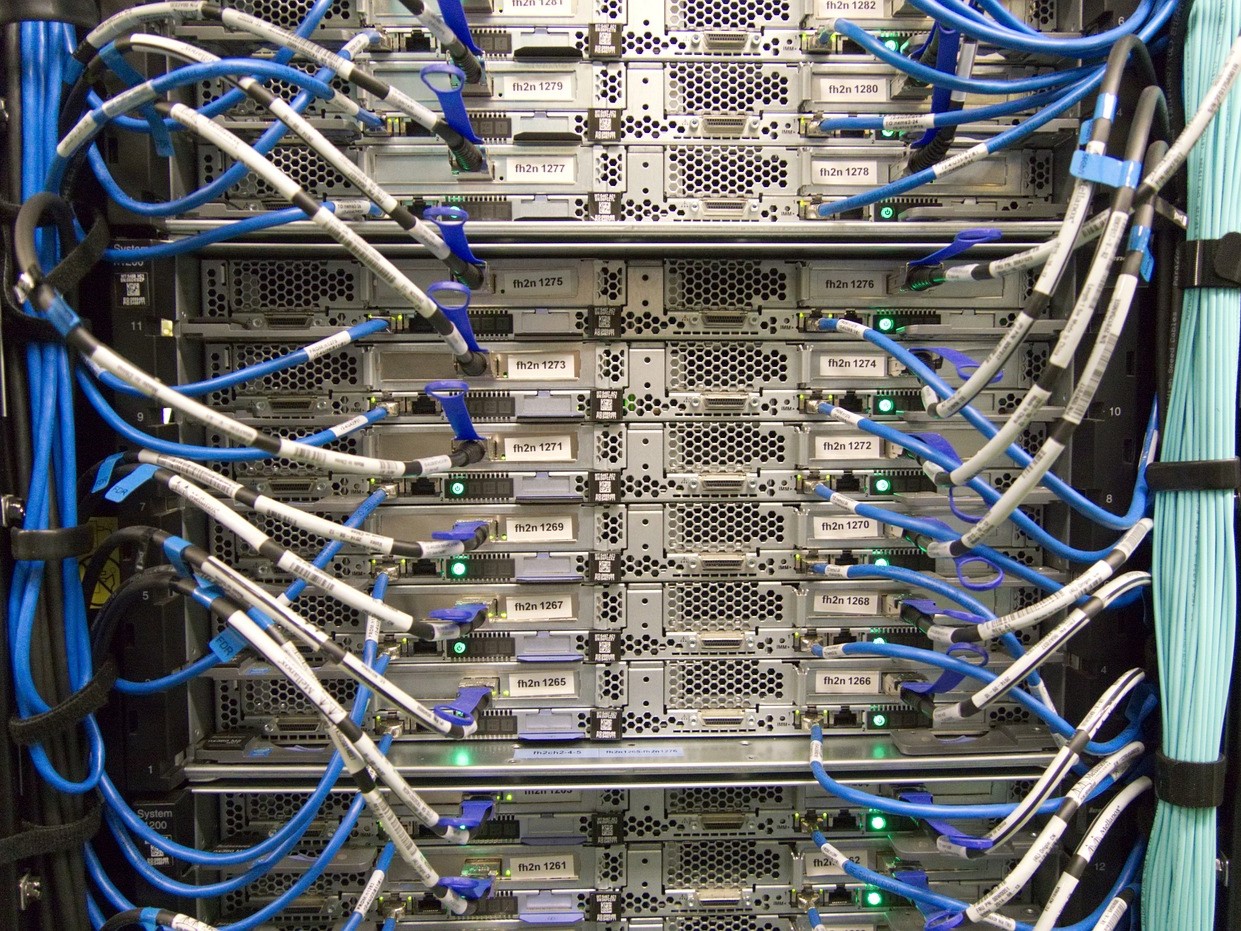
A team led by scientists and engineers at The University of Texas at Austin created a new “thermal interface material” that could organically remove heat from high-powered electronic devices, reducing or even eliminating the need for extensive cooling of data centers and other electronic devices.
-
Extreme Heat Impacts Daily Routines and Travel Patterns, Study Finds

A new study reveals that extreme heat significantly alters how people go about their daily lives, influencing everything from time spent at home to transportation choices.
-
UT Part of Critical Nuclear Energy Milestone
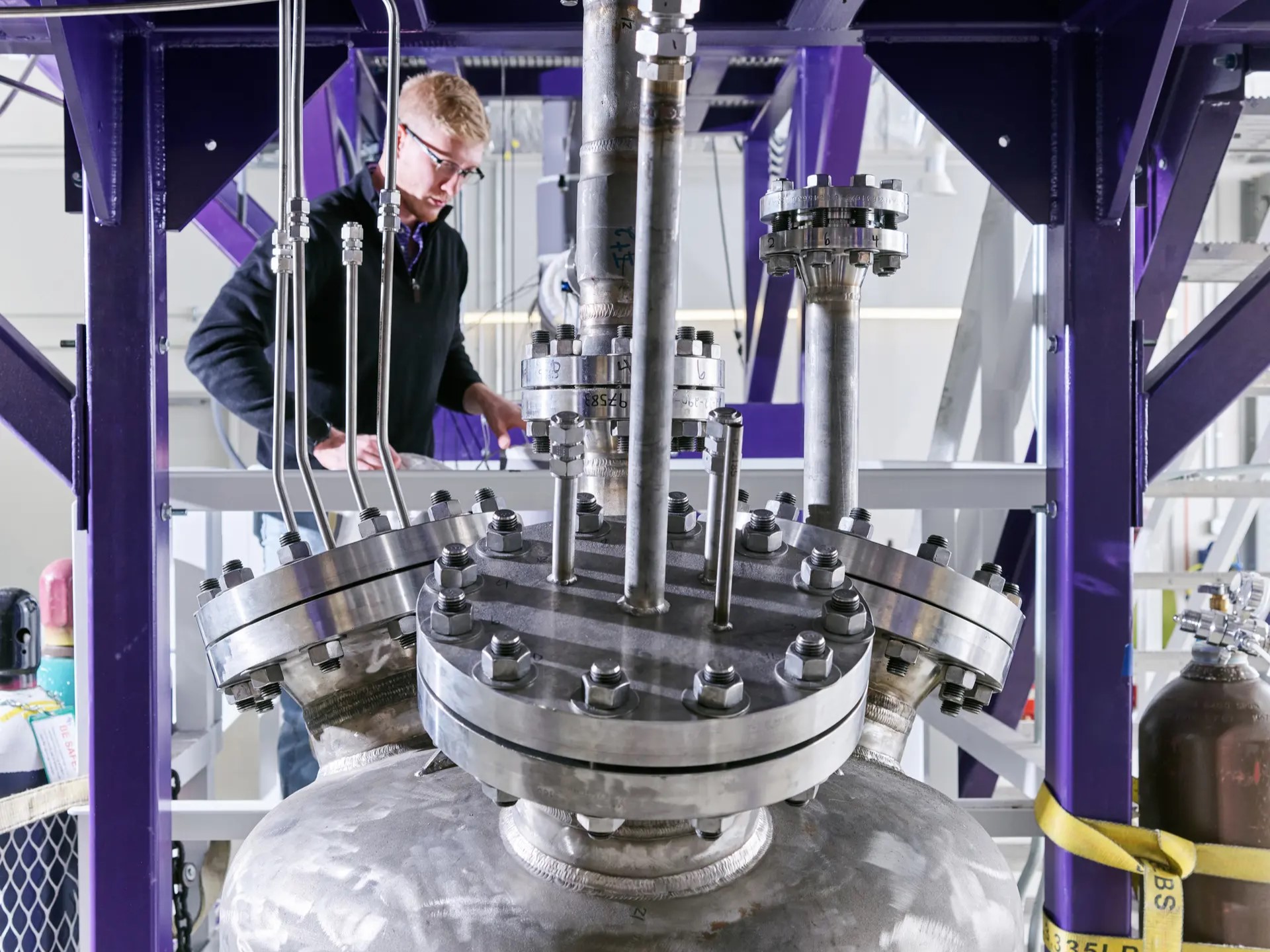
The University of Texas at Austin is playing a pivotal role in developing the first new nuclear reactor in Texas in decades based on a novel technology that promises safer, more efficient nuclear energy.
-
Study Reveals Best Way to Encourage Environmental Gains in Oil and Gas

A new study shows that external pressure can lead to enhanced environmental performance in the energy industry, and the nature and type of pressure have a major impact on the outcomes.
-
Most Cities Receive More Rainfall Than Surrounding Rural Areas, Global Study Shows
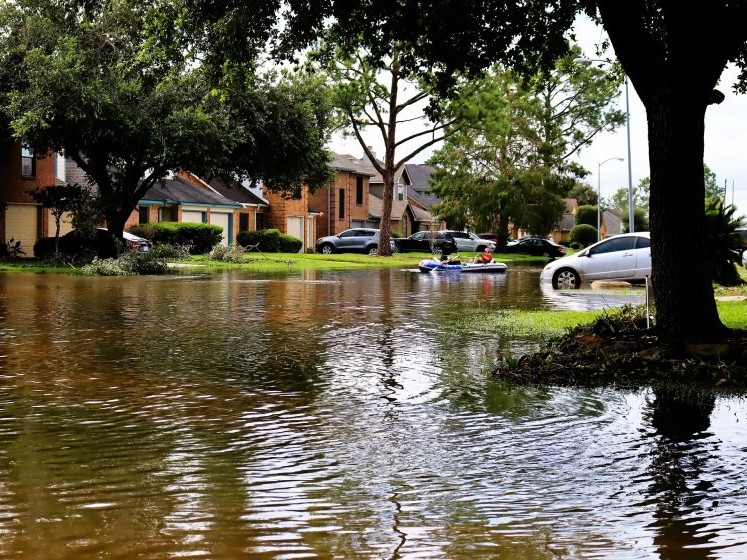
In a new study published in Proceedings of the National Academy of Sciences, researchers at The University of Texas at Austin found that more than 60% of cities in a survey of 1,056 regions around the world receive more precipitation than their surrounding rural areas.
-
How Did Life Begin? A Shocking New Twist

New research zeroes in on how lightning strikes may have served as a vital spark, transforming the atmosphere of early Earth into a hotbed of chemical activity.
-
How Plasmas Could Help Reduce Methane Emissions

Texas Engineers have developed the most efficient method yet to convert methane to methanol over the distributed scales where it is produced.
-
UT Awarded $840M To Build Microelectronics Manufacturing Center, Advance U.S. Semiconductor Industry
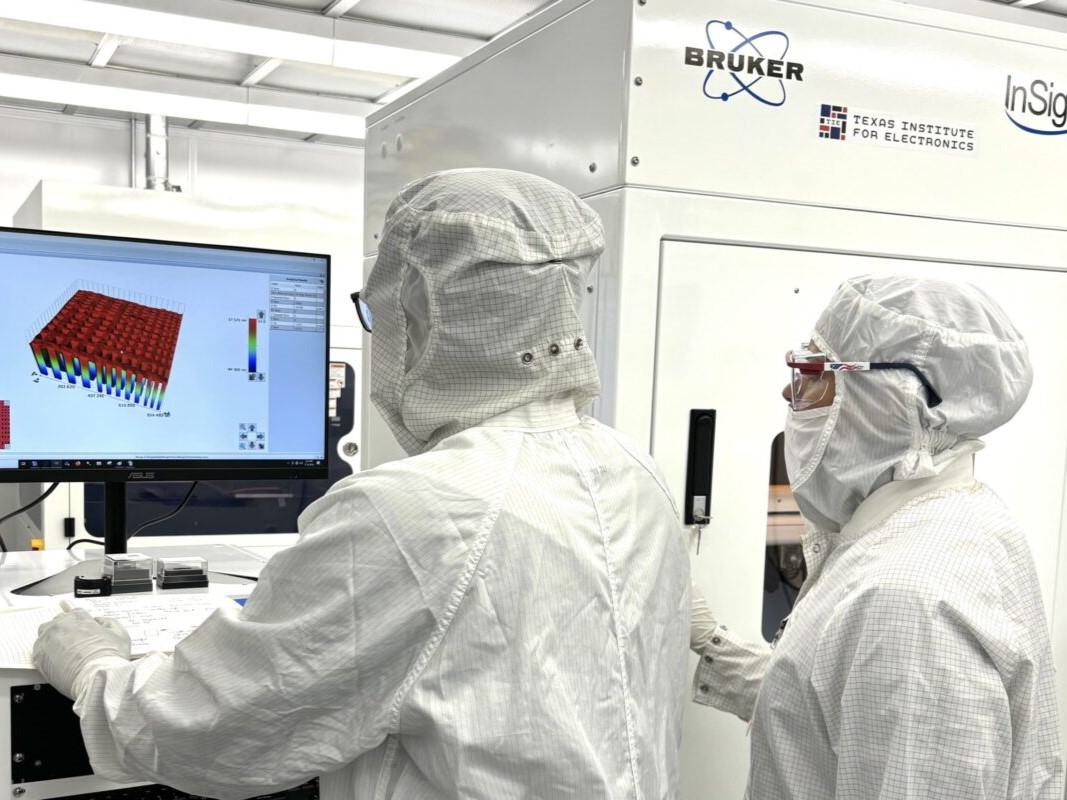
The Texas Institute for Electronics (TIE) at The University of Texas at Austin has been selected to engineer the next generation of high-performing semiconductor microsystems.
-
Smart Soil Can Water and Feed Itself

A newly engineered type of soil can capture water out of thin air to keep plants hydrated and manage controlled release of fertilizer for a constant supply of nutrients.
-
Infant Innovation: Iman Salafian's Collaborative Approach to Medical Devices for Newborns
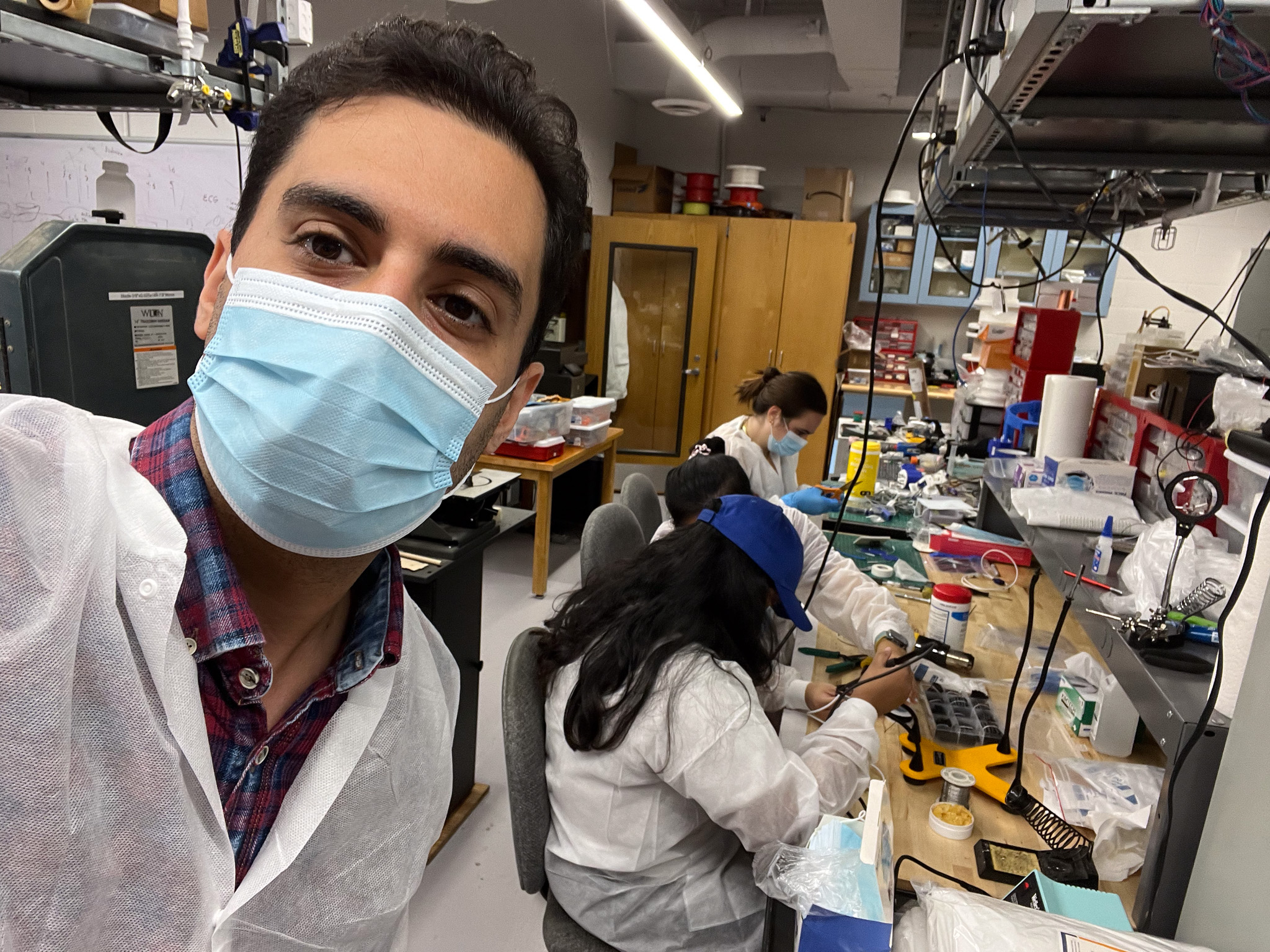
Iman Salafian is driven to improve care for newborn babies, leading two collaborative startups that emerged from a medical devices course.
-
New Carbon Storage Technology Is Fastest of Its Kind

A new way to store carbon captured from the atmosphere developed by researchers from The University of Texas at Austin works much faster than current methods without the harmful chemical accelerants they require.
-
Texas Engineers Join Space Force Operation, Bringing Robots to Space

Texas Engineers are participating in a groundbreaking U.S. Space Force operation that will propel innovative technologies for in-space operations.
-
How Lasers and 2D Materials Could Solve the World's Plastic Problem
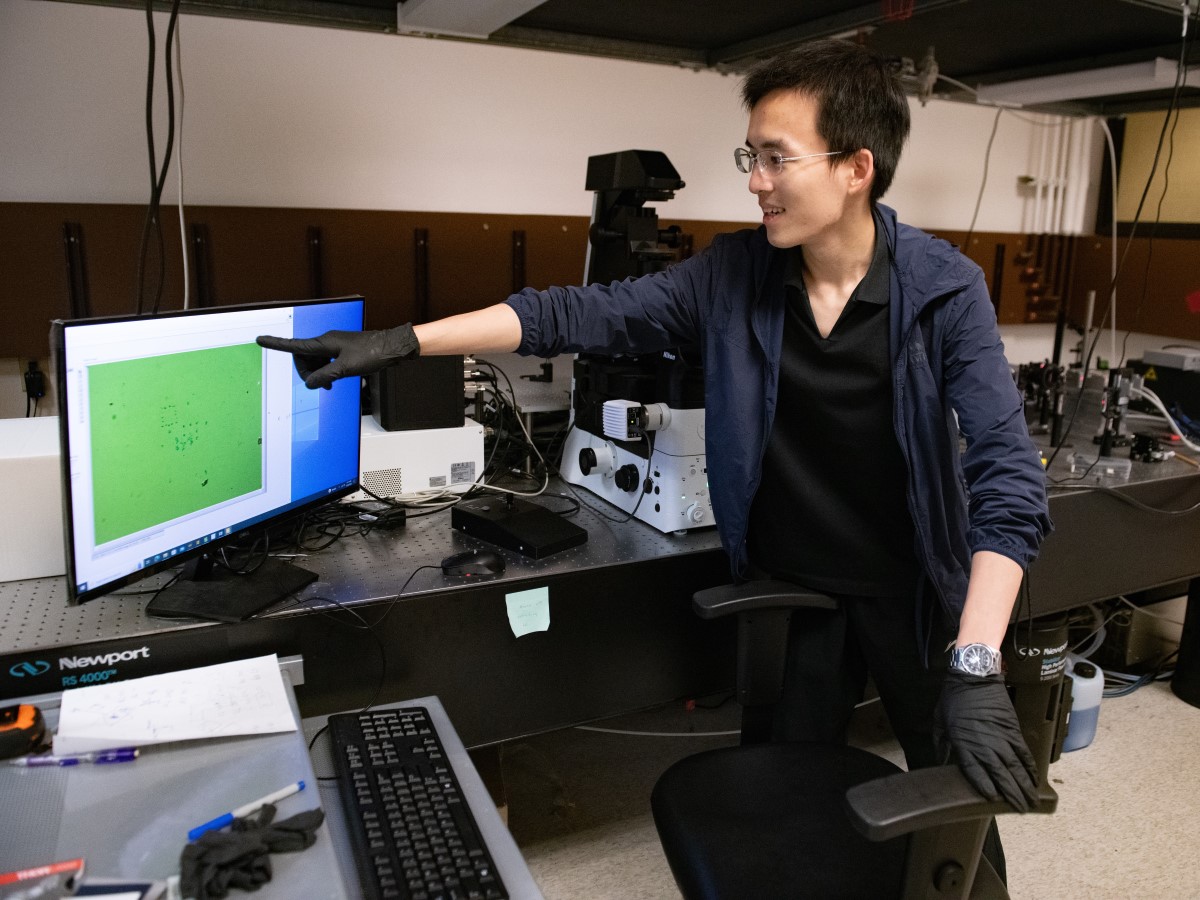
A global research team led by Texas Engineers has developed a way to blast the molecules in plastics and other materials with a laser to break them down into their smallest parts for future reuse.
-
In Their Own Words
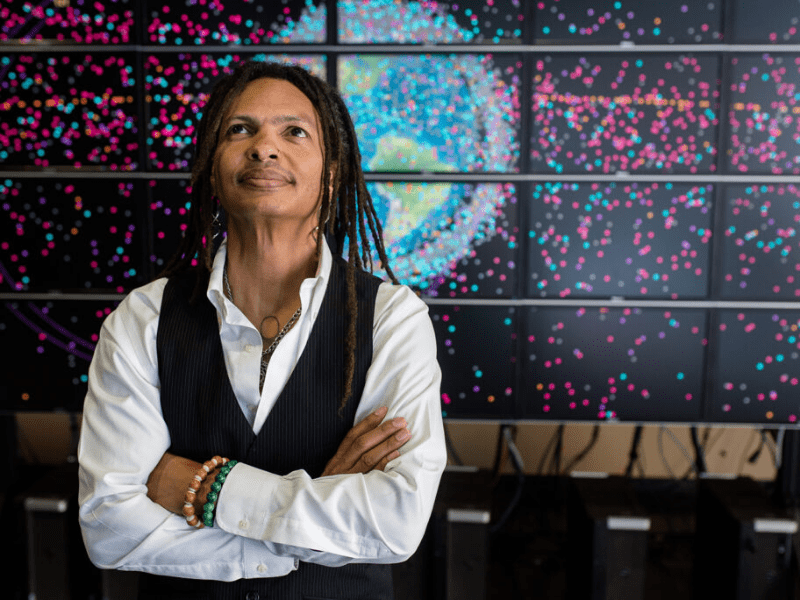
For over a decade, Moriba Jah has been on a crusade to inform the public about the growth and consequences of free-floating space debris.
-
Measuring Light and Matter with More Precision
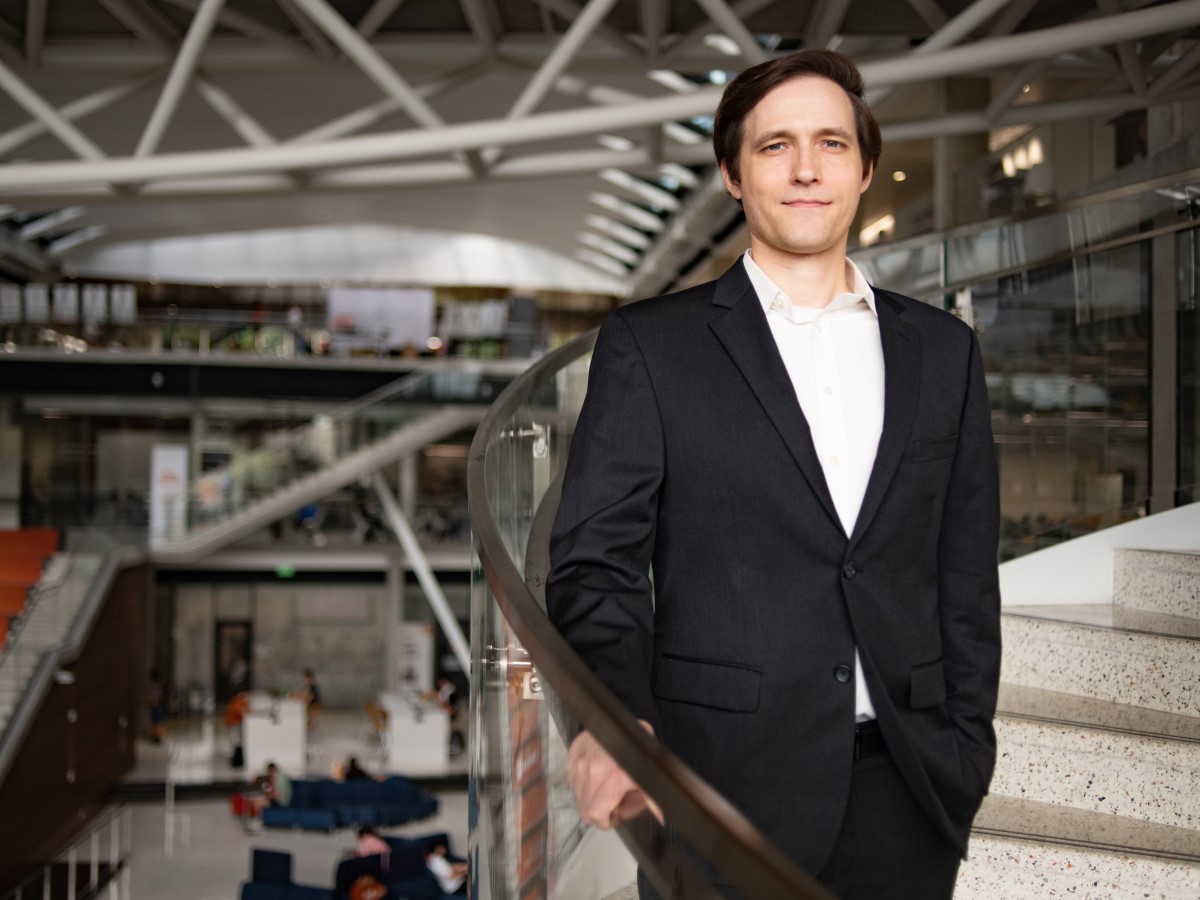
David Burghoff plans to optimize measurements in astronomy, remote sensing and quantum information processing through a new Multidisciplinary University Research Initiative (MURI).
-
Robot SZN
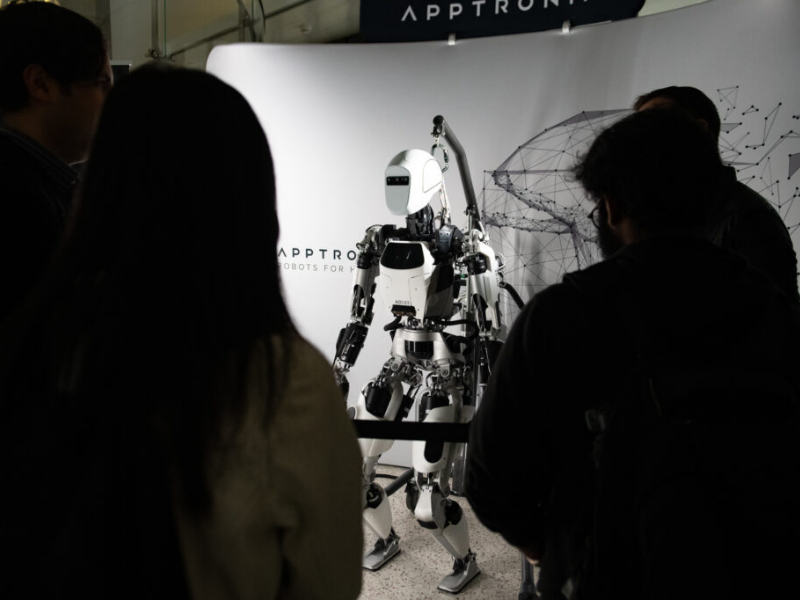
This fall, UT hosted several robotics events, with experts from around the world converging on the Forty Acres to discuss the future of the field.







